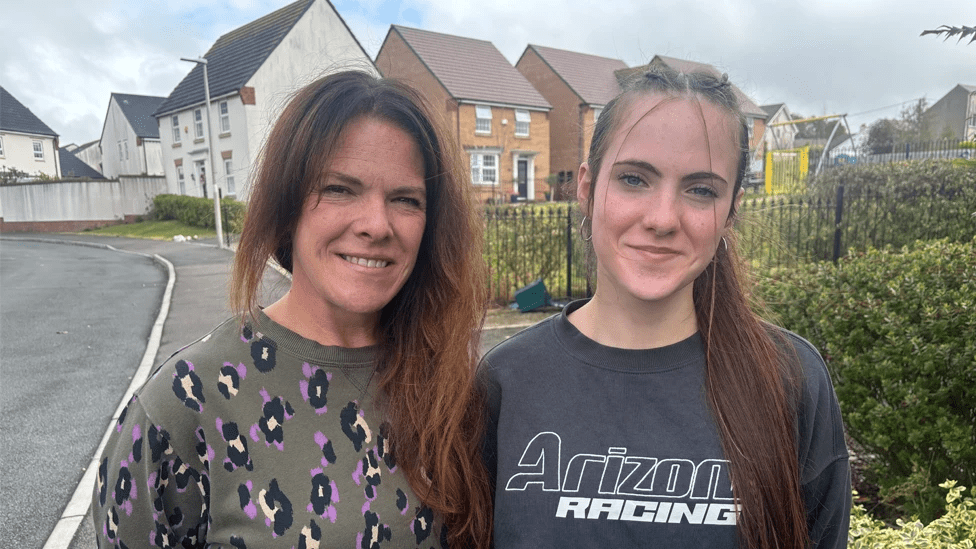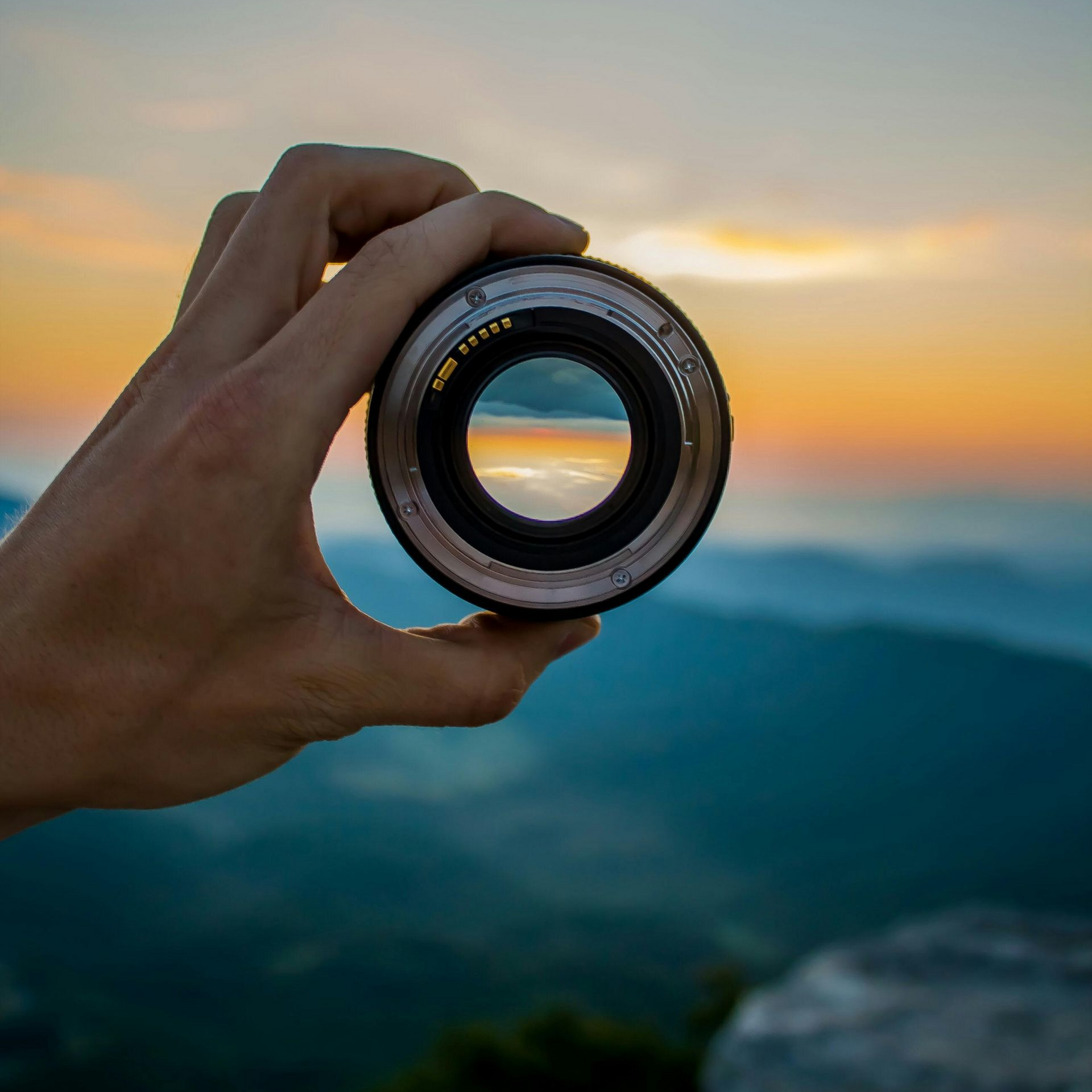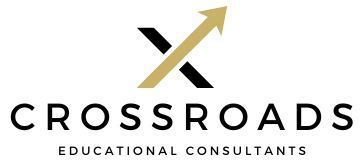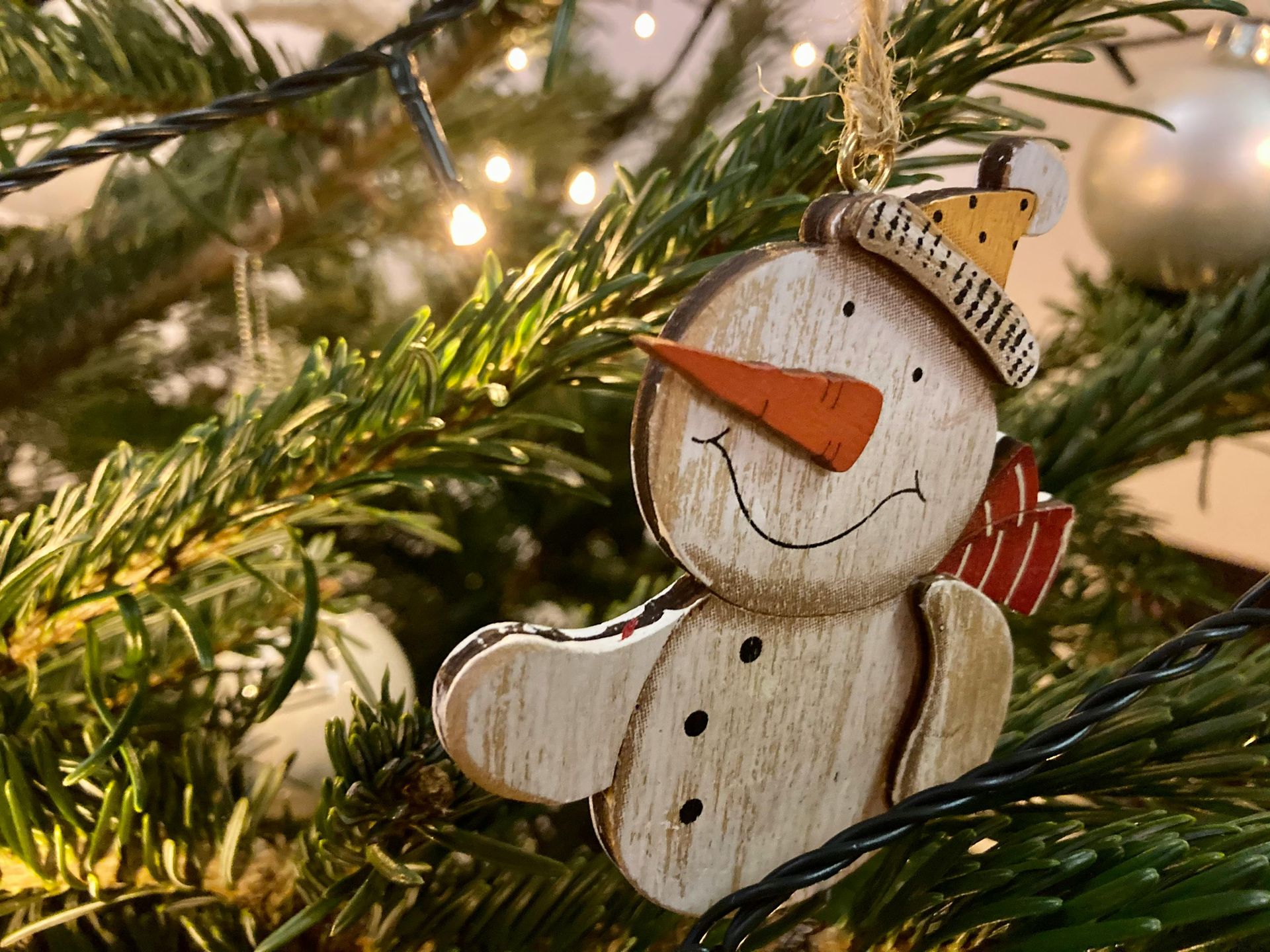
Home schooling in Wales has seen a dramatic rise since the Covid pandemic, with the number of children educated at home almost tripling in recent years. At Crossroads, we were proud to be featured on the BBC in a special report (Home schooling almost triples since Covid) highlighting this growth and the positive stories behind it. Families like Meinir and Mali’s remind us why we do what we do - putting student wellbeing, confidence, and curiosity first.
I had the privilege of accompanying our wonderful student Mali and her mum, Meinir, as they appeared in the BBC special report that warmly highlighted their home schooling in Wales education story and their experience with Crossroads.
Putting Home Schooling in Wales Wellbeing First - Always
The broadcast was truly special at Crossroads. I had the privilege of accompanying our wonderful student Mali and her mum, Meinir, as they appeared in a BBC feature that warmly highlighted their home schooling in Wales education story and their experience with Crossroads.
At Crossroads, we believe learning should begin with wellbeing. Soon, our exam centre will open, offering home-educated students a trusted venue for taking GCSEs and other qualifications. But qualifications are only meaningful when students feel cared for, confident, and supported.
Hearing Meinir speak on camera about the positive changes she’s seen in Mali - her growing confidence, happiness, and eager curiosity was a powerful reminder of our purpose: to serve not just academic needs but the whole child.
Working Hand-in-Hand with Families
Crossroads has always been, at its heart, a collaborative family. Parents and carers know their children best, and our role is to work with them - listening, adapting, and responding. Whether through tailored learning sessions, social workshops, or soon through the exam centre, our guiding principle remains: educational equity, deeply rooted in care and collaboration.
Why the BBC Feature Matters
Having Mali and Meinir share their experience via the BBC brought our message to life. Seeing them speak so openly about the transformation they’ve experienced grounded our mission in real human connection and reinforced the importance of nurturing well-rounded, joyful learners.
The BBC feature was a powerful moment, showing how young people can flourish when education is rooted in care and flexibility. Discover how Crossroads supports the growing home schooling community in Wales and why more families are choosing this path.
What’s Next at Crossroads
- Our exam centre is nearly ready to welcome students, and we’ll be announcing details of our official Open Day very soon! We can’t wait to open our doors, show families around, and celebrate this exciting new chapter together.
- We’ll continue offering a blend of academic preparation, social connection, and wellbeing support.
- And we’ll keep sharing stories like Mali’s—because each reminds us of what’s possible when education is grounded in equity, compassion, and partnership.
Watching learners like Mali grow in confidence, curiosity, and community truly is the highlight of my role as Director. Here’s to many more milestones, more shared voices, and more success stories from our home-ed family. This is a great success story for home schooling in Wales.
Get in touch: info@crossroads.wales or Contact Us
— Kate, Director, Crossroads
Share



